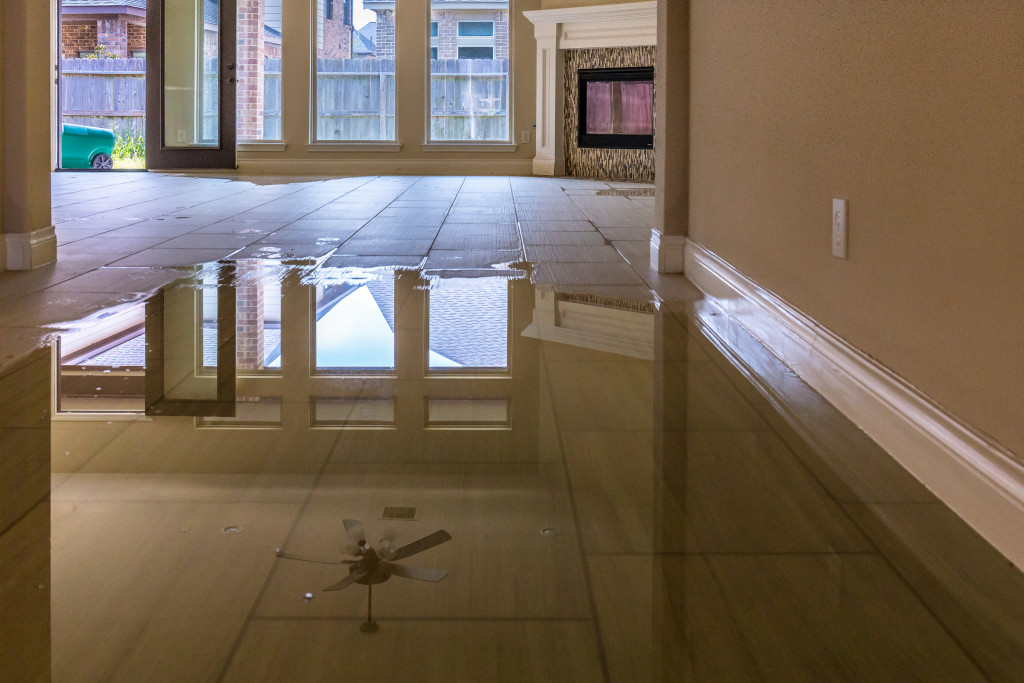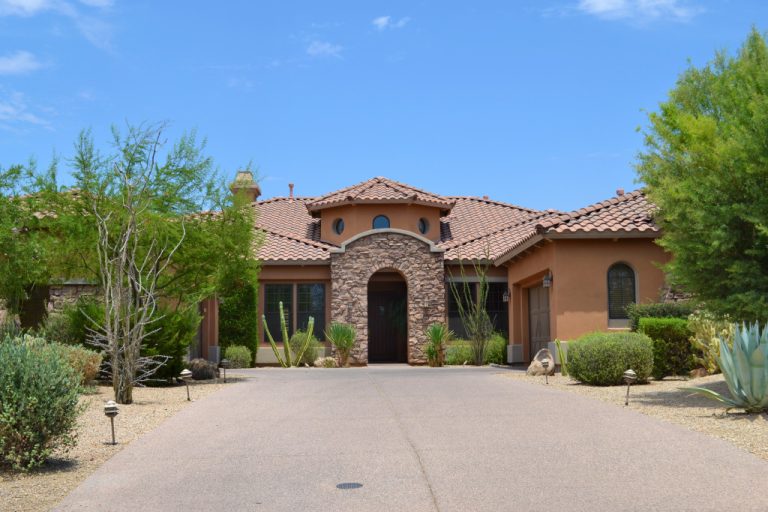When you buy a new home, you want to do everything in your power to protect it from harm. Unfortunately, there are a number of threats that can damage or even destroy your house. In this article, we’ll discuss some of the most common dangers and how you can protect your home from them.
1. Dirt and debris in the gutters
If you live in a high-rainfall area, your rain gutters and downspouts are essential to keeping your home free from water damage. Without them, heavy rains will cause the gutters to overflow and pour massive amounts of water into your house. Water can seep through shingles and under eaves, eventually leading to rotting beams, bulging walls, buckling floors, and other expensive problems. It can even damage your foundation! So it is important to have the gutters cleaned either by yourself or with a professional cleaner. Repairs should also be done as necessary.
2. Animals in the crawl space
Small animals searching for a place to shelter can make their home in your house’s crawl space, which is especially common in homes with basements. These animals may chew through electrical wiring and other materials to make themselves comfortable, which could cause short circuits, fires, or even an explosion. Removing any animals you find is easy, but repairs to the damage they cause must be done by a professional.
3. Mechanical breakdowns
If your home has any mechanical systems — such as heating and cooling units — it is important that they are inspected and repaired if necessary once a year. Your air conditioner may fail in the middle of the summer so you will need to replace it right away. If your furnace breaks in the middle of winter, you may lose all the heat in your home and cause serious damage to your belongings inside.
4. Major property damages

Just like any other property, your home may be subject to damage beyond repair. Some inclement weather conditions are particularly destructive; insurance companies can compensate homeowners for some or all of their lost possessions, but not for the full cost of rebuilding the house itself. Separate auto insurance coverage should be availed if you have a vehicle to protect as well.
5. Poor indoor air quality
Every year, thousands of people die of inhaling toxic fumes in their own homes. To protect your family’s health, it is important to have the air ducts cleaned yearly and install a filter on all heating units. If you haven’t had an energy assessment done for your home lately, it would be advisable to do so as well, since this will show you how to save money on heating your home without sacrificing your family’s health.
6. Criminal activity
In 2013, there were an estimated 9.5 million burglaries in the US alone. Home insurance only covers damages that are a result of unintentional accidents, so it won’t pay out if your home is burglarized intentionally. This means you will have to cover any monetary loss from stolen items yourself. So it’s best to be safe and have an alarm system installed. Having motion sensor lights outside your home is also a good idea, as it will help scare off criminals who are thinking of targeting you.
7. Fire
Just like it is important to protect your home from burglary, you should also be vigilant of fire. While insurance will cover damages that arise from unintentional fires, having a working smoke detector and a fire extinguisher in your home is critical. It would also be helpful to have escape ladders in case an emergency situation arises and the only way out is down.
8. Harmful chemicals
Make sure you don’t store any household chemicals inside your home. Keep them in a safe, dry place outside your house where accidental spills can occur without damaging your home. However, make sure the area is not accessible to anyone but yourself — especially children — as these chemicals may cause harm or even death if ingested or inhaled.
In conclusion, it is important to always take the necessary steps to keep the home space safe and healthy. Every homeowner wants to protect their property from damage or loss due to unforeseen circumstances. From insurance policies to preventative maintenance, the best way to ensure that your home stays protected is by being prepared and ready for anything that can threaten your safety. These insurance policies vary in the amount of protection they offer and the situations they cover, but it is best to get them all while having a valid home insurance policy. Doing all of these things should give you great peace of mind about the safety of your new house.
